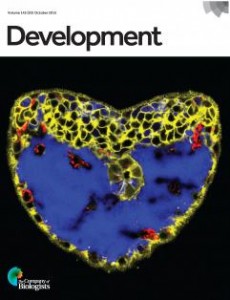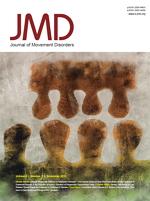 We’ve uncovered a “mega-correction“ for a 2010 paper in Development, posted as the result of an investigation into the first author which has already led to three retractions.
We’ve uncovered a “mega-correction“ for a 2010 paper in Development, posted as the result of an investigation into the first author which has already led to three retractions.
Last year, the Utrecht University investigation into Pankaj Dhonukshe found “manipulation in some form” in four papers, and concluded that he committed a “violation of academic integrity.” The investigation also led to the retraction of a 2012 Cell paper and two papers in Nature that were co-authored by Dhonukshe.
Development began investigating the corrected paper after being contacted by one of the authors and alerted to the results of the university’s investigation. The notice includes a statement from Dhonukshe objecting to the correction. Continue reading Author with three retractions objects to mega-correction following investigation








